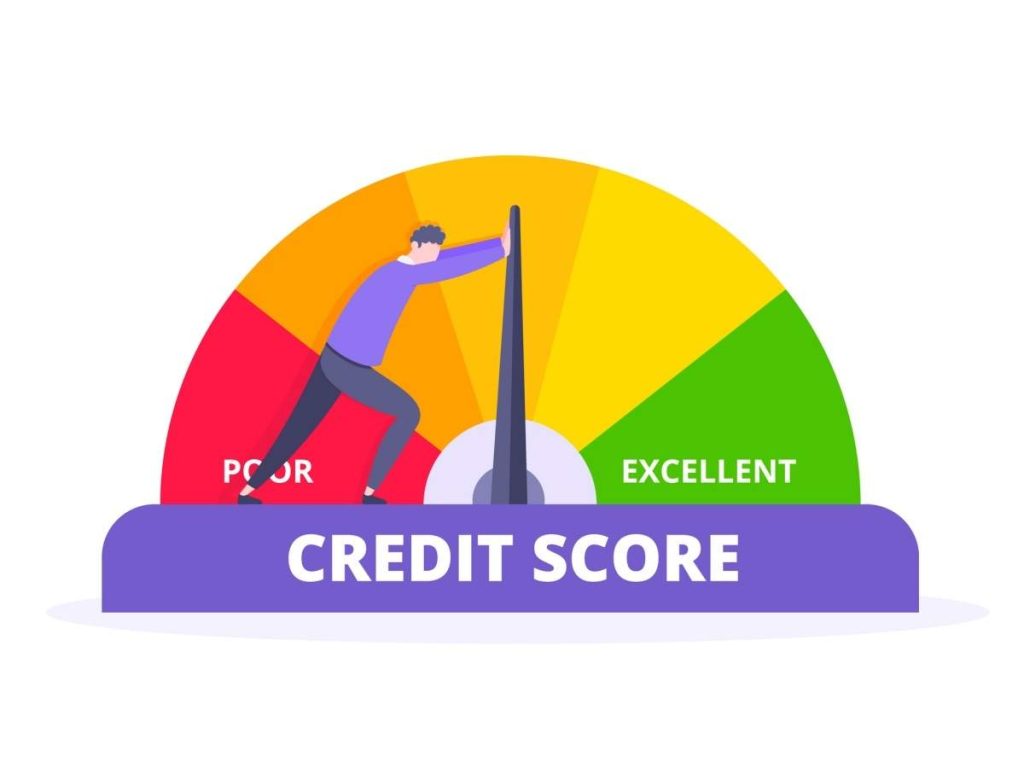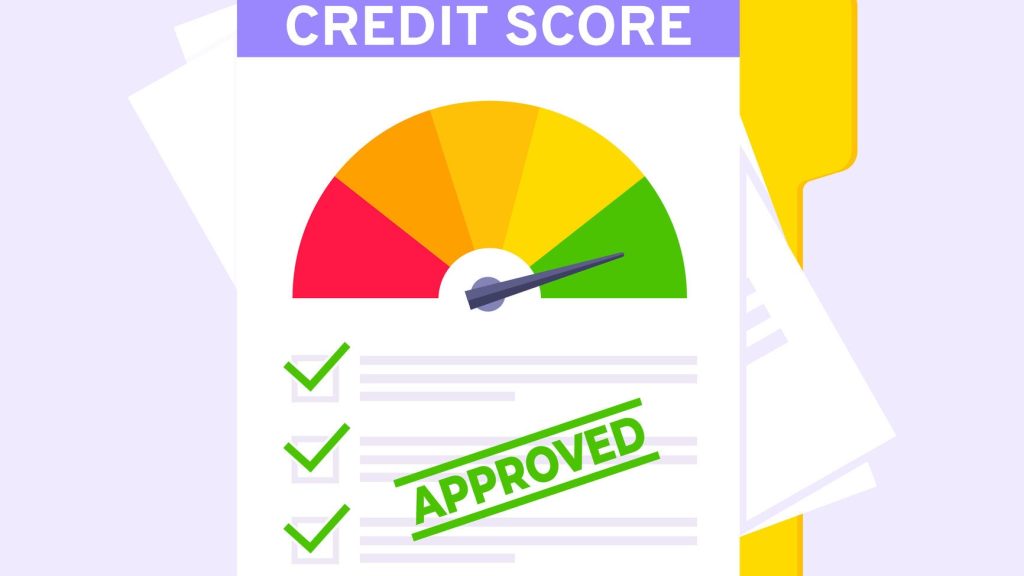In the Philippines, managing personal finances can be challenging, especially when it comes to dealing with loans. Many individuals rely on loans to finance various needs, from purchasing a home to covering unexpected medical expenses. However, if these loans are not managed responsibly, they can lead to defaults, which have a significant impact on credit scores. In this article, we will explore the consequences of loan defaults on credit scores in the Philippines and provide insights into how individuals can protect their financial reputation.
Understanding Credit Scores and Loan Defaults
Credit scores are numerical representations of an individual’s creditworthiness. They are calculated based on various factors such as payment history, credit utilization, length of credit history, types of credit, and new credit inquiries. In the Philippines, credit scores typically range from 300 to 850, with higher scores indicating lower credit risk.
Loan Defaults Explained

A loan default occurs when a borrower fails to repay the loan as per the agreed-upon terms. This could be due to missed payments, late payments, or non-payment of the loan altogether. When borrowers default on their loans, it sends a signal to lenders that they may be risky borrowers, leading to a negative impact on their credit scores.
The Impact of Loan Defaults on Credit Scores

Decreased Credit Score
One of the most immediate consequences of loan defaults is a decrease in the borrower’s credit score. A single default can cause a significant drop in the credit score, making it difficult for the individual to secure future loans or credit cards.
Limited Access to Credit
A low credit score resulting from loan defaults can significantly restrict access to credit. Lenders may view individuals with poor credit scores as high-risk borrowers and may either reject their loan applications or offer them credit at higher interest rates.
Hurdles in Getting Approved for Rentals
Loan defaults not only affect the ability to get credit but can also impact other aspects of life, such as renting a property. Landlords often conduct credit checks on potential tenants, and a history of loan defaults may deter them from approving the rental application.
Difficulty in Employment Opportunities
In some cases, loan defaults can even affect employment opportunities. Certain employers conduct background checks that include credit history, and a poor credit score may raise concerns about an individual’s financial responsibility.
Strained Relationships with Lenders
Loan defaults can strain the relationship between borrowers and lenders. Lenders may resort to collection agencies or legal actions to recover the outstanding amount, leading to added stress and financial burden for the borrower.
How to Minimize the Impact of Loan Defaults
Communication with Lenders
If borrowers find themselves in a situation where they cannot meet their loan obligations, it is essential to communicate with the lenders proactively. Some lenders may offer temporary relief options or revised payment plans, which can help avoid defaults.
Budgeting and Financial Planning
Maintaining a well-planned budget and financial discipline can prevent defaults. Understanding one’s financial capabilities and living within means can ensure timely loan repayments.
Credit Counseling
Credit counseling services are available in the Philippines to assist individuals facing financial difficulties. These services can provide valuable guidance on managing debts and improving credit scores.
Timely Payments and Automated Reminders
Setting up automated reminders for loan payments can help borrowers avoid accidental missed payments. Timely payments positively impact credit scores.
Debt Consolidation
In certain situations, debt consolidation might be a viable option to manage multiple loans effectively. By consolidating debts, borrowers can streamline their payments and reduce the risk of defaults.


Leave a Reply